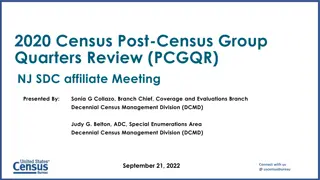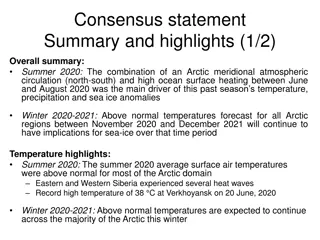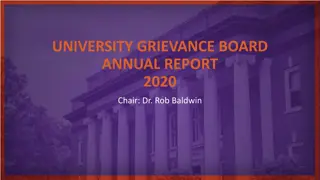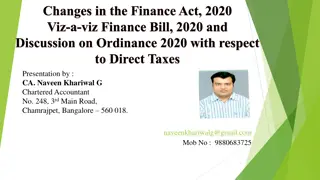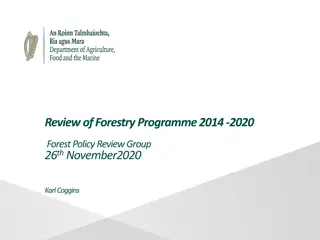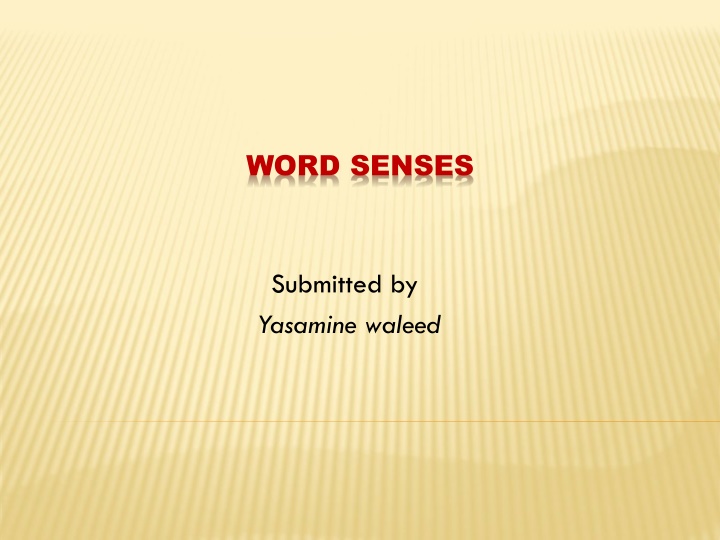
Lexical Ambiguity and Vagueness in Word Senses
Explore the complexities of word senses through lexical ambiguity and vagueness. Discover how single words can have multiple meanings, leading to nuanced interpretations and challenges in language. Gain insights into distinguishing between ambiguity, vagueness, and indeterminacy in linguistic analysis.
Download Presentation

Please find below an Image/Link to download the presentation.
The content on the website is provided AS IS for your information and personal use only. It may not be sold, licensed, or shared on other websites without obtaining consent from the author. If you encounter any issues during the download, it is possible that the publisher has removed the file from their server.
You are allowed to download the files provided on this website for personal or commercial use, subject to the condition that they are used lawfully. All files are the property of their respective owners.
The content on the website is provided AS IS for your information and personal use only. It may not be sold, licensed, or shared on other websites without obtaining consent from the author.
E N D
Presentation Transcript
WORD SENSES Submitted by Yasamine waleed
INTRODUCTION Lexical Ambiguity : A single word may have more than one word . Word meanings as construals of external reality Words give us a way to describe the world , However, our linguistic descriptions are never complete . In choosing a world to describe a particular thing or event , we choose to express certain bits of information and leave many others unexpressed.
For example : a. I am wiping the table. b. I am cleaning the table. c. I wiped/ cleaned the table but it is no cleaner than before. d. I cleaned/#wiped the table without touching it. In analyzing word meanings, we are trying to account for linguistically coded information, rather than all the encyclopedic knowledge (or knowledge about the world) which may be associated with a particular word
LEXICAL AMBIGUITY Ambiguity , vagueness and indeterminacy sentences below are ambiguous because they contain a word form which has more than one sense, and as result can be used to refer to very different kinds of things. - Headline: Drunk gets nine months in violin case. -Headline: Reagan wins on budget, but more lies a head Indeterminate: words which are not lexically ambiguous : there are two distinct senses for a single word form. E.g. cousin , the gender of the individual is indeterminate. Vague: the limits of possible denotations for a word cannot be precisely defined. E.g. tall, bald
THERE ARE THREE IDENTIFIABLE CHARACTERISTICS OF VAGUENESS 1-Context-dependent truth conditions: we have seen that a single individual may be truly said to be tall in one context (a gymnastics club) but not tall in another (a professional basketball team). 2-Vague predicates have borderlines cases. Most people would probably agree that a bottle of wine costing two dollars is cheap, while one that costs five hundred dollars is expensive. But what about a bottle that costs fifty dollars?. Doesn't happen with indeterminacy. 3- vague predicates give rise to little by- little E.g. How much hair does someone lose in order to be considered bald? - Vagueness can be distinguished from indeterminacy in the degree to which their properties are preserved in translation .Indeterminacy is often language specific .E.g. uncle Words which are vague in English tend to have translation equivalents in other languages which are also vague. paradoxes.
DISTINGUISHING AMBIGUITY FROM VAGUENESS AND INDETERMINACY There are tests to distinguish between vagueness and indeterminacy : The distinct senses of an ambiguous words are antagonistic ( two senses of the cannot both apply at the same ). Sentences which seem to require two senses for a single use of a particular word, like those sentences are called puns. a. The hunter went home with five bucks in his pocket. b. The batteries were given out free of charge. c. I didn t like my beard at first. Then it grew on me. d. When she saw her first strands of gray hair, she thought she d dye - - - - -
Zeugma: when the senses of a single word in sentences are incompatible in a single structure. a. Mary and her visa expired on the same day. b. He carried a strobe light and the responsibility for the lives of his men. c. On his fishing trip, he caught three trout and a cold The odd or humorous nature like those sentences provides evidence that two distinct senses are involved . - The identity Test: Certain kinds ellipsis require parallel interpretations . a. The fish is ready to eat. b. The fish is ready to eat, and so is the chicken. c. The fish is ready to eat, but the chicken is not. d. #The potatoes are ready to eat, but the children are not -
-Relation Test : distinct senses will have different set of synonyms ,antonyms For example the word light has two distinct senses : One is the opposite of heavy , the is the opposite of dark. -Contradiction Test : . Sentences can be interpreted as contradictions; they require some kind of pragmatic inference in order to make sense. a. # She is my cousin and she is not my cousin. b. # I am carrying the bag and I am not carrying the bag.

